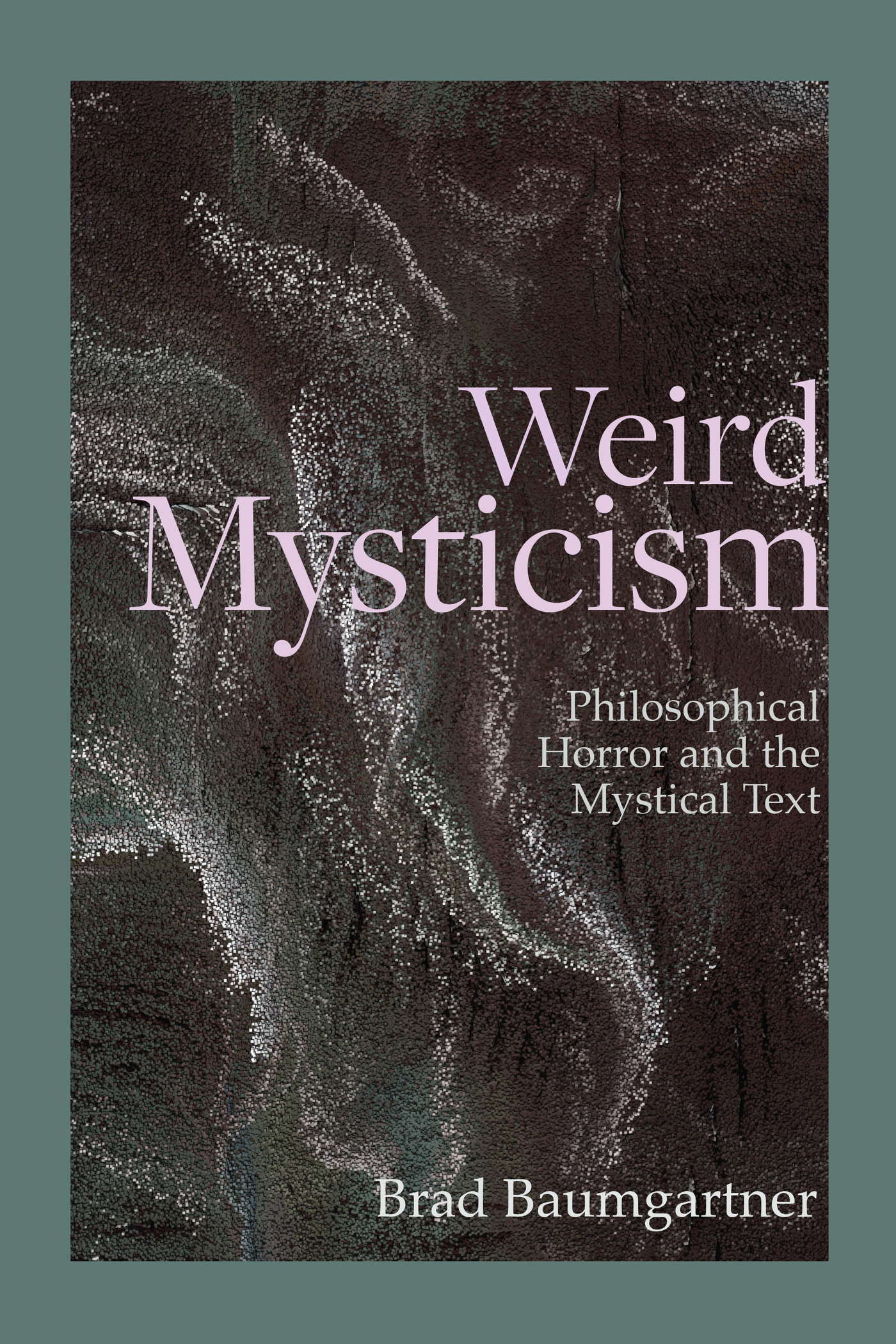Weird Mysticism
Critical Conversations in Horror Studies
General Editor: Dawn Keetley, Lehigh University
Publishing cutting-edge research that is accessible to both general and academic audiences, this series takes on important critical conversations about horror. The series offers a broad scope of scholarly inquiry. Not only do its books examine a range of media including film, television, and literature, but its publications also consider a variety of historical eras extending into the contemporary moment and reaching as far back as the origins of horror itself.
Titles in the Series
Weird Mysticism: Philosophical Horror and the Mystical Text, by Brad Bumgartner
Weird Mysticism
Philosophical Horror
and the Mystical Text
Brad Baumgartner
LEHIGH UNIVERSITY PRESS
Bethlehem
Published by Lehigh University Press
Copublished by The Rowman & Littlefield Publishing Group, Inc.
4501 Forbes Boulevard, Suite 200, Lanham, Maryland 20706
www.rowman.com
6 Tinworth Street, London SE11 5AL, United Kingdom
Copyright 2021 by Brad Baumgartner
All rights reserved. No part of this book may be reproduced in any form or by any electronic or mechanical means, including information storage and retrieval systems, without written permission from the publisher, except by a reviewer who may quote passages in a review.
British Library Cataloguing in Publication Information Available
Library of Congress Cataloging-in-Publication Data Available
Library of Congress Control Number: 2020949120
ISBN 978-1-68393-287-1 (cloth : alk. paper)
ISBN 978-1-68393-288-8 (electronic)
 TM The paper used in this publication meets the minimum requirements of American National Standard for Information Sciences Permanence of Paper for Printed Library Materials, ANSI/NISO Z39.48-1992.
TM The paper used in this publication meets the minimum requirements of American National Standard for Information Sciences Permanence of Paper for Printed Library Materials, ANSI/NISO Z39.48-1992.
Introduction
The Path to Nowhere
This book presents a theoretical exploration of mysticism, philosophy, and horror, particularly regarding the works of Thomas Ligotti, Georges Bataille, and E. M. Cioran. Though a study of each of these writers would prove interesting no matter the focus, one centered on the interplay of mysticism, philosophy, and horror appears an especially fascinating vista based on the recent turn toward (or perhaps return to) speculative thinking in philosophy and literary studies. Our present time in history implicates critics in a bending-away from theories on the nature of reality that have remained virtually unchanged in philosophical discourse in the centuries since the Enlightenment. This is not necessarily pejorative. The Enlightenments pervasive presence in the evolution of modern Western thought and culture is here taken as a given, thus validation is allotted to those revolutions in science, literature, philosophy, politics, and the arts that we have come to know as beneficent to modernity. Yet, much of the intellectual climate of post-Enlightenment thought is steeped in asymmetrical power relations that lead to suffering, causing stark damage to humannot only intellectual, but also emotional, bodily, and politicalfreedom, and relegating speculative, potentially liberating discourse to the margins. Thus critics are now faced with the unique opportunity to partake in radical forms of knowledge production that seek freedom from hegemonic discourses. The potentiality of the speculative to usher in new modes of thought that, while harkening back to spiritual discourses of the Middle Ages, also advance a radicalization of realitynot only social conceptions of reality but an opening up of divine Realitybecomes the explicit focus of this book.
Despite much excellent work on mysticism, literature, and philosophy in their respective fields, scholars have not yet fully explored the importance of viewing these traditions in an interdisciplinary context. Our analysis will move against the grain of research which relegates them to all-too-typical historical or social contexts without opening up lines of discourse to other fields of study. Moving alongside recent interdisciplinary scholarship that speculatively reconsiders the way one might understand reality and our relationship (or lack thereof) to itas in Eugene Thackers work on the horror of philosophythis book investigates the possibility and necessity of considering these three distinct and historically diverse traditions in relation to one another. Hence, by implicating readers in a writerly aporia in which these three seemingly distinct traditions simultaneously attract and negate one another, the work herein helps us to expand our understanding of genre horror. For instance, this book will trace how these writers utilize an alternating dialectic between materialism and mysticism to develop epigrammatic modes of thought that indicate textual sites of synthesis between the human and non-human. Broadly, the book builds on existing speculative theories in order to proffer its own new one. More closely, it defines several key components: what weird mysticism is as a theory and a practice, how weird mysticism relates to horror fiction and philosophy (i.e., pessimism and speculative realism), and how weird mysticism is a mode of speculative criticism capable of creating critical conversations among other disciplines, methodologies, and critics.
One critical conversation begun in this book revolves around a key inversion that horror itself substantiates: one that views philosophy as a kind of fiction and fiction as philosophy. The inversion of this hermeneutic polarity, so to speak, is the compass to traversing what we might call the path to nowhere, for at the end of the day, as Thomas Ligotti says, there is nowhere to go and there is no one to be. Simultaneously, this path to nowhere serves as a metaphysical bridge of sorts, that is, it figuratively attempts to bridge the notion of mystical death with the death of the literary critic. It thus seeks to theorize mystical death in literature, philosophy, and traditional mysticism via the figure of a critic who exists beyond the grave of meaning, to engage in a critical conversation with a critic who shares a common question with our study here: in what ways does contemporary theory fail to account for speculative forms of thinking that seek to transgress the limits of philosophy? Or, put another way, in what ways can we articulate a theoretical viewpoint that is also non-philosophical, allowing for a simultaneous challenge to philosophical authority via the literary (i.e., the mystical text)?
Attempting to answer this common question will bring readers closer to understanding how the mystical in some way recuperates the limits of philosophical thinking in order to possibly think through such limits and come out on the other side. The other side here is twofold: it indicates a walking through to but also a crossing over (to the other side); it means to think through and with the Other Side and with what horrors may reside there. This book is benevolently haunted by the ghostly doubleness of this figure/figural, creating the conditions of possibility to engage in a critical conversation not only with other scholars and disciplines, but one curated by the readers own communicative interest in speaking with the ghost of the text, for just as it has been said that the translator is the translated, so also it can be said that the reader is the read. This critical conversation on mystical death with the spectral figure of the dead critic also allows us to further consider how the materiality of horror fiction and the mystical text complicates mysticisms relation to immanence, bringing the weird mystic closer to Oneness with the beyond and yet exacerbating the agonistic experience of being human via individuation.

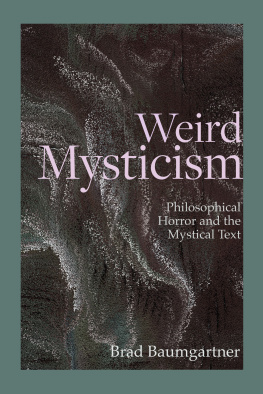
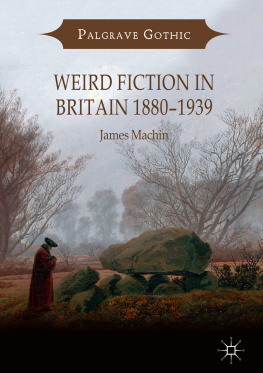
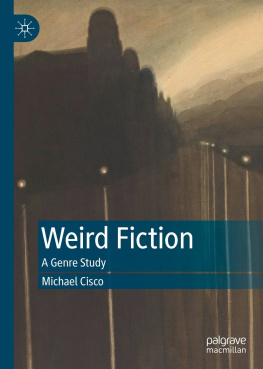
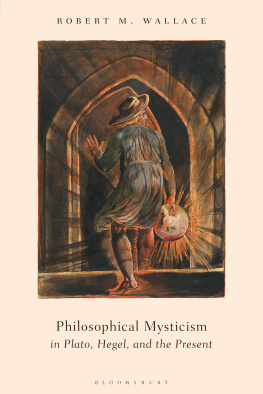
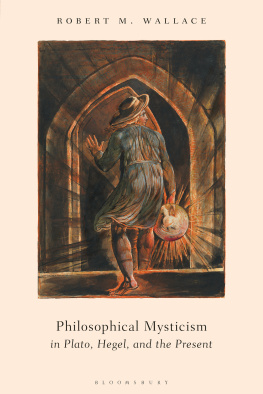
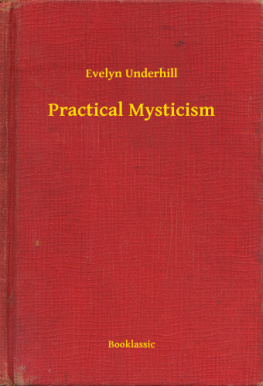
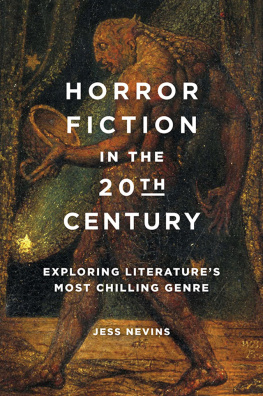
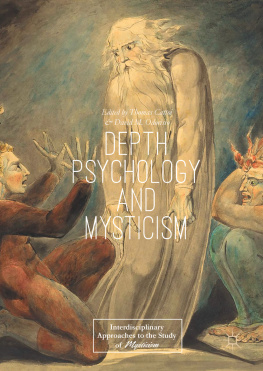
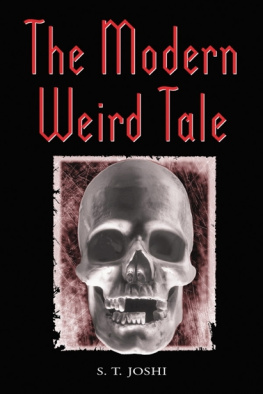
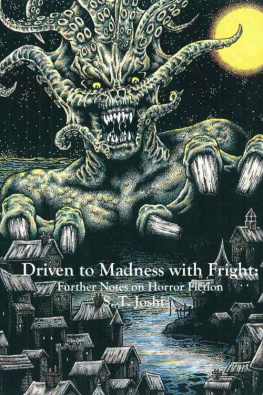
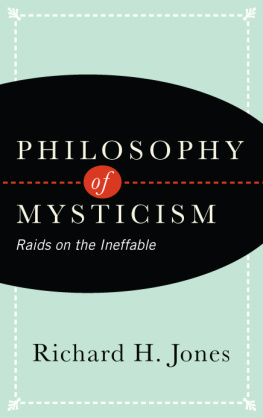
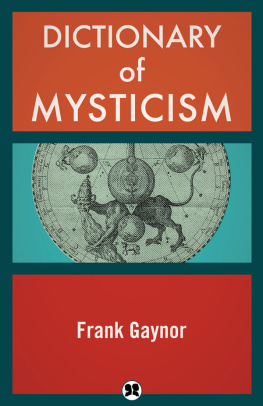

 TM The paper used in this publication meets the minimum requirements of American National Standard for Information Sciences Permanence of Paper for Printed Library Materials, ANSI/NISO Z39.48-1992.
TM The paper used in this publication meets the minimum requirements of American National Standard for Information Sciences Permanence of Paper for Printed Library Materials, ANSI/NISO Z39.48-1992.